Intel targets smartphones, tablets with new Atom processors
It's been a long wait, but Intel's low-power Moorestown chips are finally here, ready to spearhead the company's assault on the smartphone market
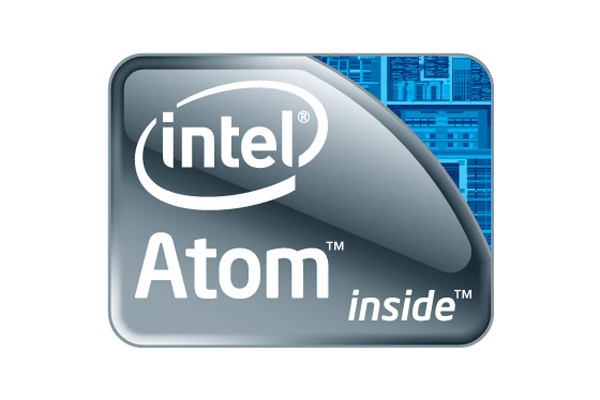
Intel has made a major move into the smartphone market with the launch of its long-anticipated Moorestown platform now officially renamed the Atom Z6 Series.
The new platform combines a second-generation Atom processor with a new Platform Controller Hub (PCH) MP20 to create a system on a chip offering strong performance with low power demands.
Intel has long held sway in the desktop and laptop markets, but despite a number of attempts to produce a chip frugal enough to suit handheld devices, it has thus far failed to make any significant headway.
However, the Z6 Series changes that, with low-power processors ranging from 1.2GHz to 1.9GHz based on x86 architecture.
Despite being a late arrival in the mobile space, Intel will no doubt feel confident of success given the ongoing demand for high-end smartphones and the recent emergence of the tablet market.
But while Intel holds a comfortable 80 per cent share of the computing market with AMD the only competitor of any consequence the smartphone market is far more competitive, and Intel's rivals have had a significant head start.
At present, most smartphones are powered by Arm chips, and it looks like the tablet market is following the same pattern, with the proprietary A4 chip inside the Apple iPad built on Arm underpinnings.
Get the ITPro daily newsletter
Sign up today and you will receive a free copy of our Future Focus 2025 report - the leading guidance on AI, cybersecurity and other IT challenges as per 700+ senior executives
However, Intel believes tablets powered by the Moorestown platform will have the edge over Arm-based devices in terms of both performance and battery life.
Intel says it has worked hard to keep power consumption as low as possible, with the processing elements of the chips having been split into 19 power islands, each of which takes responsibility for a separate task, with sectors not in use automatically turned off.
The company claims an Atom-based smartphone would be good for 10 days on standby, 48 hours of audio playback, five hours of 720p video or six hours of 3G calls.
"The specific focus of Moorestown is entering the smartphone segment but it also does very well, it scales very well in the tablet segment," said Pankaj Kedia, the director of Intel's Ultra Mobility Group.
-
 Bigger salaries, more burnout: Is the CISO role in crisis?
Bigger salaries, more burnout: Is the CISO role in crisis?In-depth CISOs are more stressed than ever before – but why is this and what can be done?
By Kate O'Flaherty Published
-
 Cheap cyber crime kits can be bought on the dark web for less than $25
Cheap cyber crime kits can be bought on the dark web for less than $25News Research from NordVPN shows phishing kits are now widely available on the dark web and via messaging apps like Telegram, and are often selling for less than $25.
By Emma Woollacott Published
-
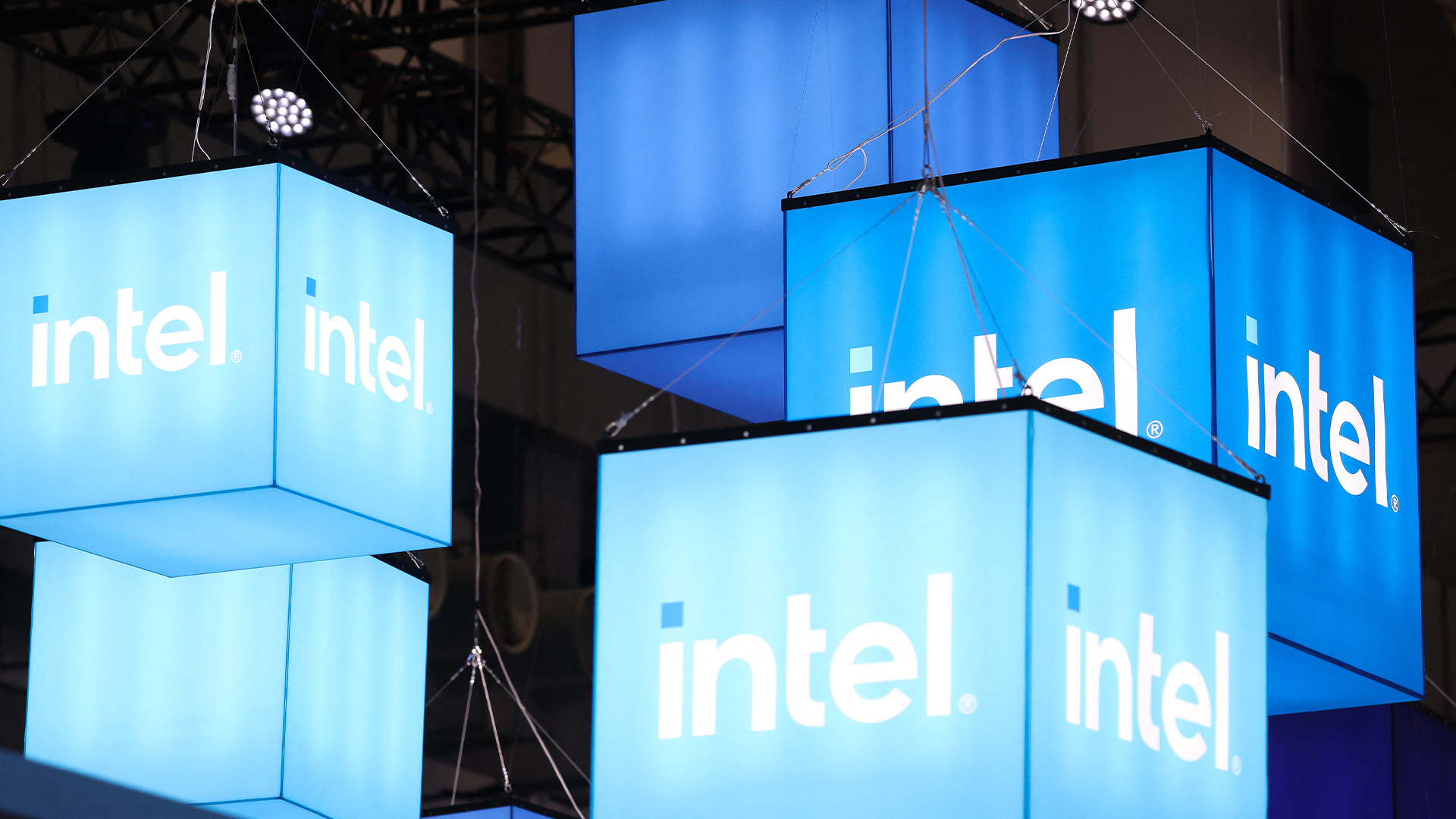 The gloves are off at Intel as new CEO plots major strategy shift
The gloves are off at Intel as new CEO plots major strategy shiftNews Intel’s incoming CEO has some big plans for the firm’s business strategy, sources familiar with the matter have told Reuters, with more job cuts looming on the horizon.
By George Fitzmaurice Published
-
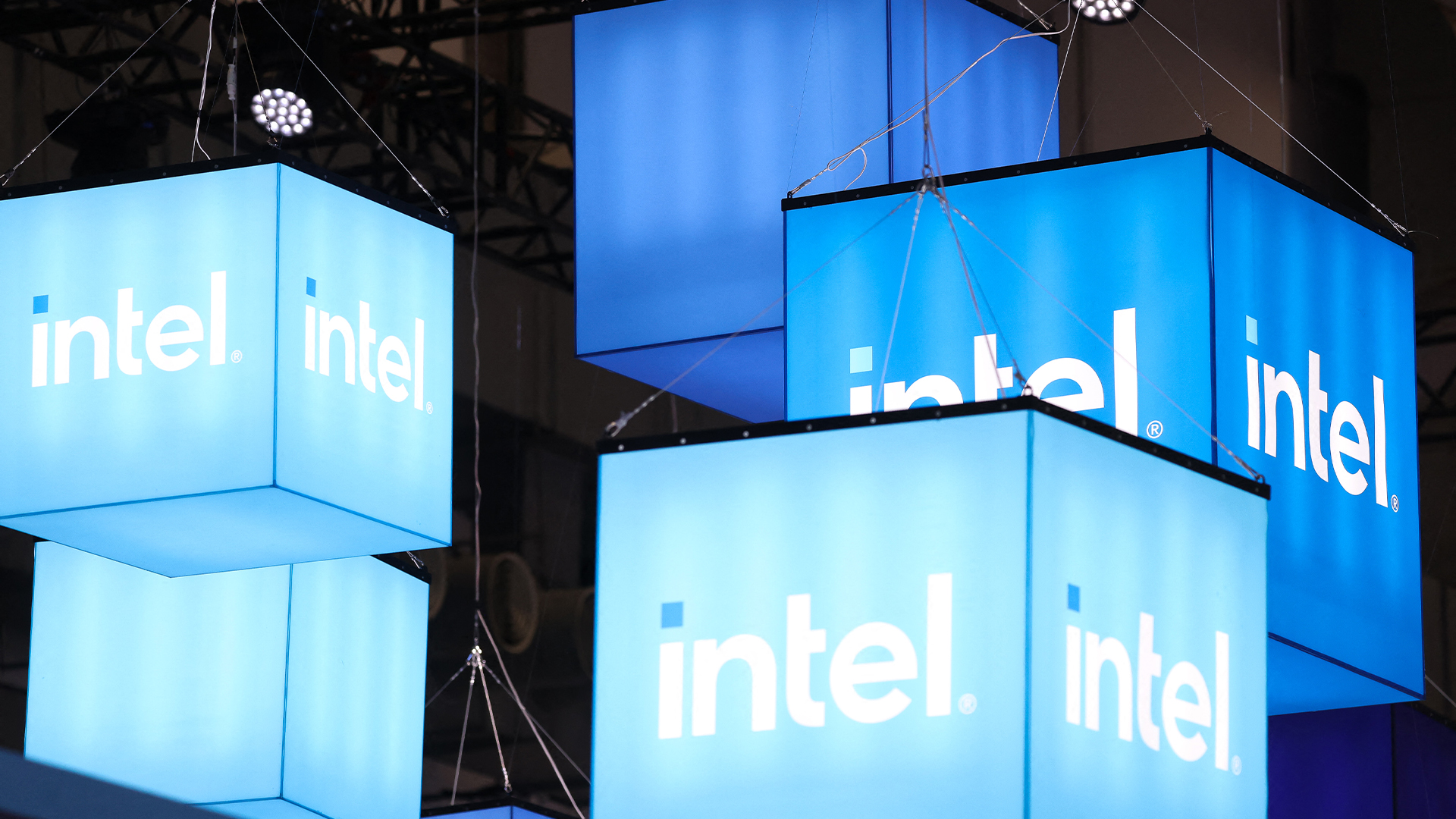 Intel just won a 15-year legal battle against EU
Intel just won a 15-year legal battle against EUNews Ruled to have engaged in anti-competitive practices back in 2009, Intel has finally succeeded in overturning a record fine
By Emma Woollacott Published
-
 AMD and Intel’s new x86 advisory group looks to tackle Arm, but will it succeed?
AMD and Intel’s new x86 advisory group looks to tackle Arm, but will it succeed?News The pair will look to make x86 CPU architecture more interoperable
By George Fitzmaurice Published
-
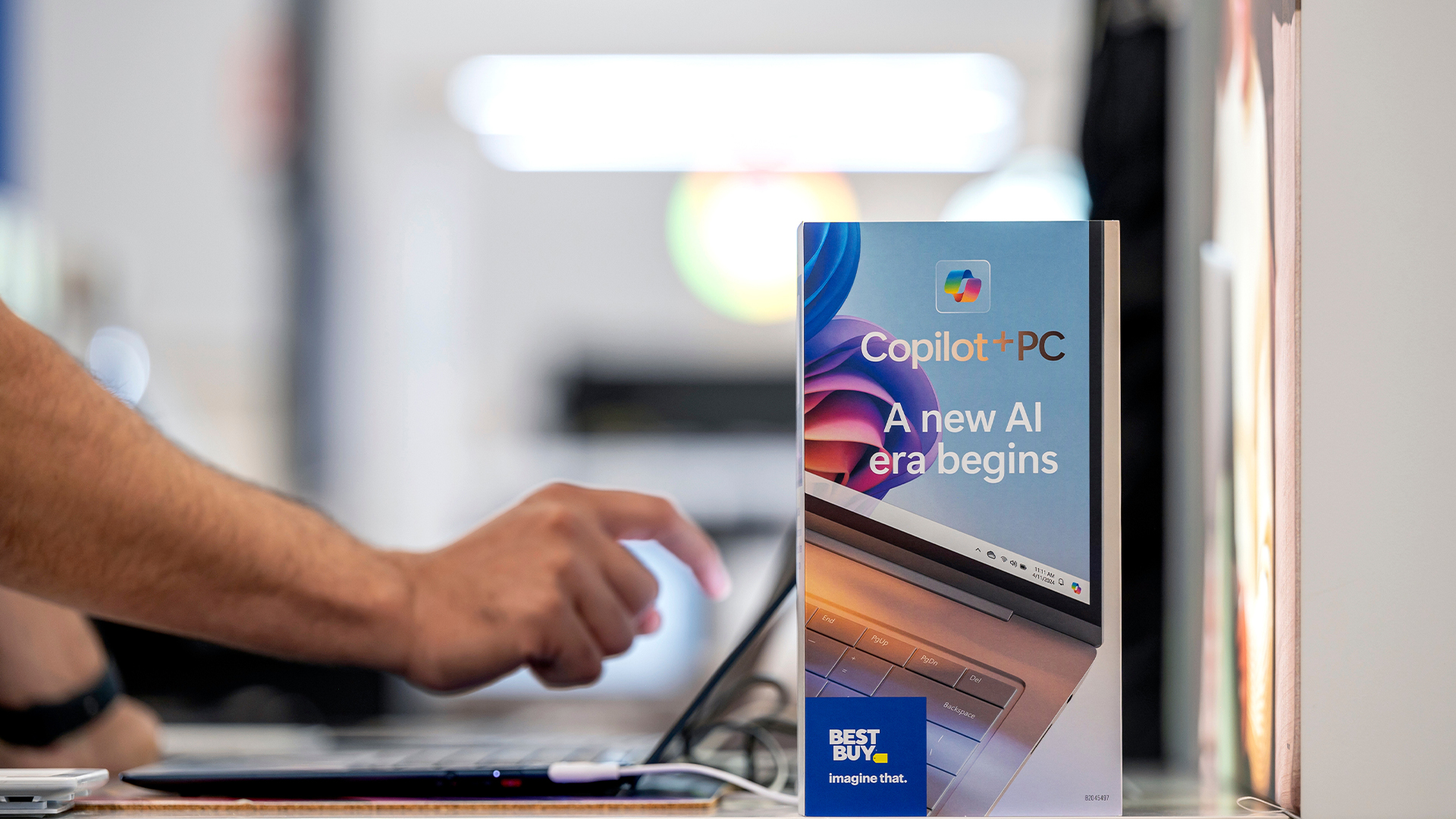 Why the world is about to be swamped with AI PCs
Why the world is about to be swamped with AI PCsNews With adoption rates set to surge, AI PCs will become far more mainstream in years to come
By Nicole Kobie Published
-
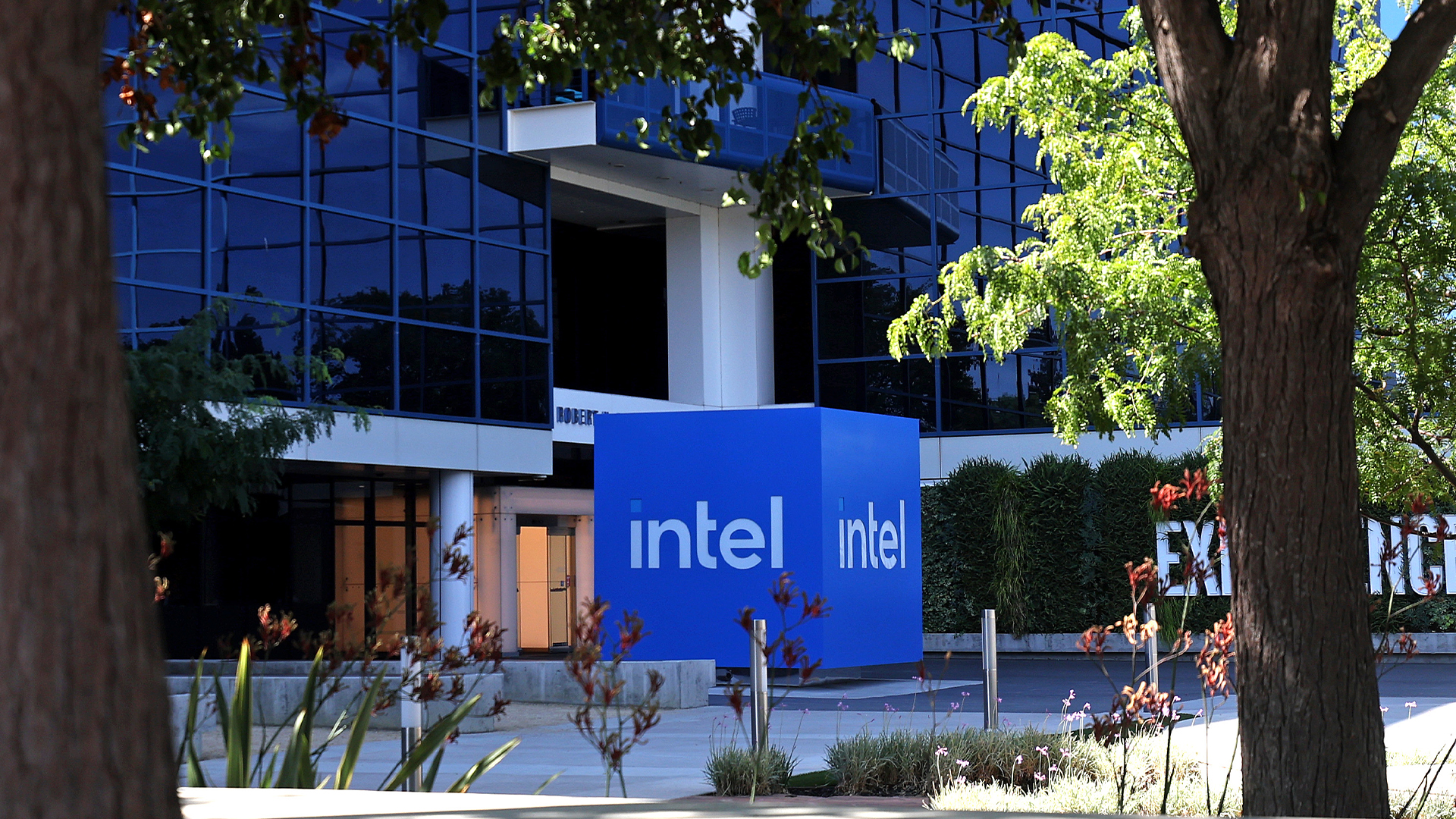 Intel needs to “get its story right” to turn things around and capitalize on the AI boom
Intel needs to “get its story right” to turn things around and capitalize on the AI boomAnalysis Intel has entered a period of uncertainty after announcing restructuring plans and a huge round of layoffs
By George Fitzmaurice Published
-
 How monitors deepen your employee experience and support your distributed workforce
How monitors deepen your employee experience and support your distributed workforcewhitepaper Drive business outcomes by empowering, enabling, and inspiring employees with the right monitors wherever they work from
By ITPro Published
-
 Driving employee experience and productivity across industries
Driving employee experience and productivity across industrieswhitepaper Monitors are an imperative in the hybrid era
By ITPro Published
-
 Forrester: Power up your hybrid workplace with monitors
Forrester: Power up your hybrid workplace with monitorswhitepaper Evolve remote work policies into work-and-learn-from-anywhere strategies
By ITPro Published